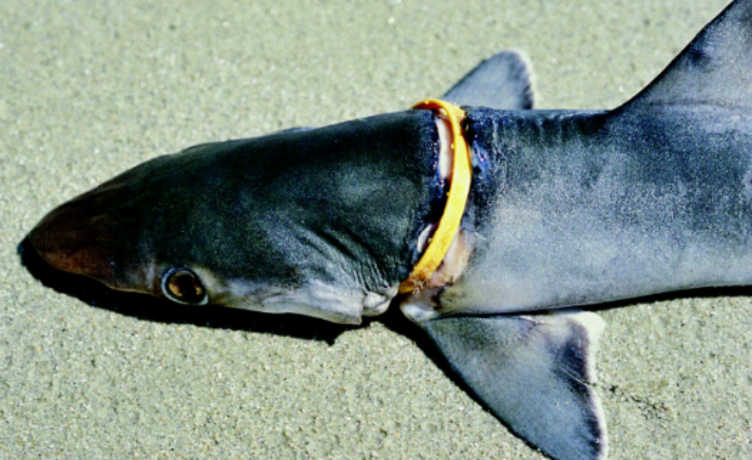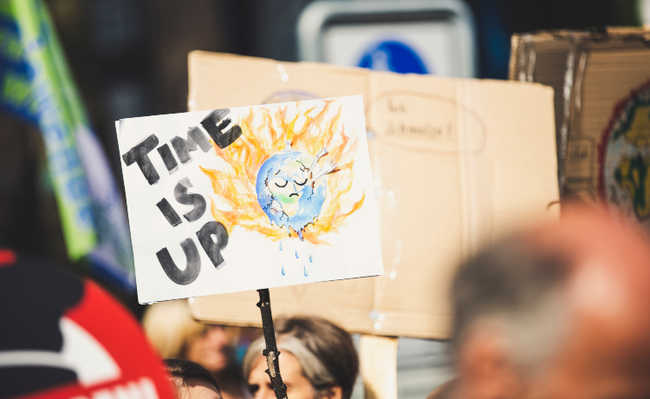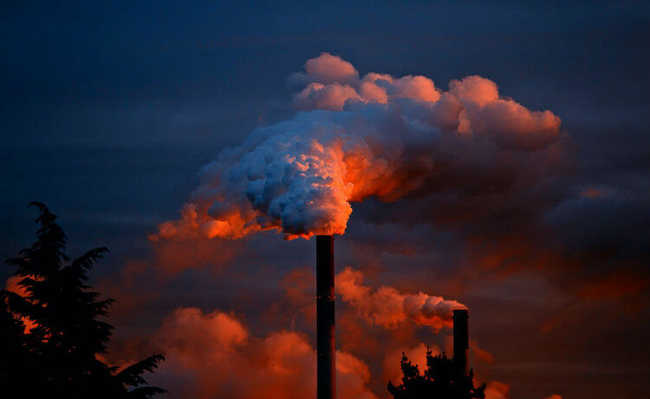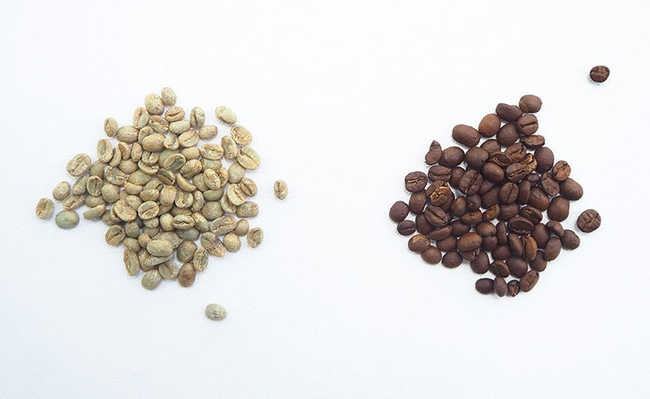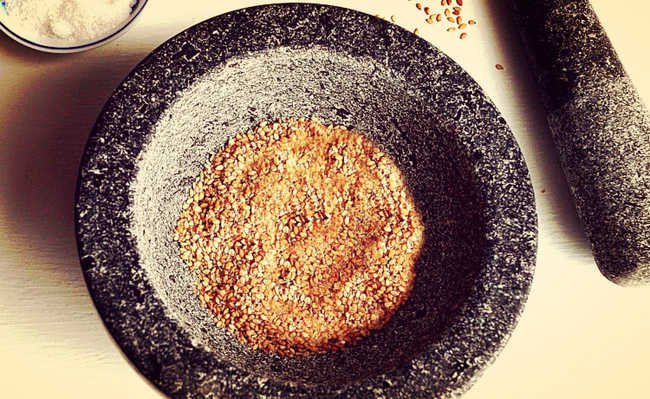Participate in the National Food Loss and Waste Awareness Week
Campaign seeks to increase understanding and strengthen the action of all sectors of society in relation to food waste

Image: Hưng Nguyễn Việt on Unsplash
The National Week of Awareness of Food Loss and Waste takes place between November 5th and 11th, with the objective of alerting the population and the production chain to the enormous amount of wasted products. This is the first year of the campaign, which was launched by the Ministry of Environment in the middle of the year and is now part of the annual mobilization calendar against food waste.
Together with other partners, the initiative joins the #SemDesperdício campaign by WWF Brasil, promoted together with Embrapa and FAO/UN since 2016. The WWF movement was born to bring the issue of food waste closer to Brazilians' lives, and to generate a positive impact on changing our food consumption habits.
Check out some tips on how to avoid wasting food, get to know the data on the topic and do your part
Food production and consumption
When it comes to feeding the world, Brazil is soon appointed as an honorary provider of food to the world's population. This expectation is not unrealistic: the country is currently the largest producer of sugar, coffee and orange juice and one of the main producers and exporters of soy and cotton, as well as beef, poultry and pork.
What is not mentioned is the environmental cost of this title, since the production of food for humans and animals is one of the activities that most uses natural resources such as water, energy, minerals and soil. It holds a third of the world's land surface and represents almost 70% of water consumption, being the main cause of deforestation and biodiversity loss on the planet.
And if by 2050 we will be more than 9 billion people, with 70% of them living in cities with higher incomes and consuming more, how are we going to guarantee the sustainability of this only planet we have?
If we do not change the way we produce and consume food and obtain the resources from nature to sustain our way of life on Earth, land degradation, declining soil fertility, unsustainable water use, overfishing and marine degradation will diminish the ability of the natural resource base to provide food.
- What is biocapacity?
paradoxes
Eating is a fundamental condition for the maintenance of our lives. Nothing has more environmental, social and economic impact than our food. We use a third of the world's surface to produce food. However, if you subtract deserts, mountains, lakes, rivers, cities and roads, food production is spread over 58% of the Earth.
And yet, each year 7.3 billion people consume 1.5 times more than the Earth's natural resources can provide; 1.3 billion tons of food is wasted globally, while 800 million people are hungry and 2 billion are overweight or obese.
In other words, the problem is not to produce more, but to think of different food production and consumption models, capable of making the entire chain more coherent, with each link aware of its role and with solutions to mitigate the problem that are adequate for its scale. For example, consumers who from their homes influence the production chain through their choices and eating habits.
- Hunger increases in the world and affects 821 million people
Therefore, consumers need to be more aware and demand more information about production systems, from the acquisition of raw materials to the manufacturing process and final destination. Knowing the composition, implications and conditions of processing and transporting the product are some examples of information that will be increasingly needed to understand sustainable consumption.
Local waste, global scale
Cutting food waste in half by the year 2030 is one of the Sustainable Development Goals approved by the United Nations in 2015. According to Global Footprint Network, an international research organization that has helped change the way we think about natural resources, food demand represents 28% of the global ecological footprint and waste 9%. If we cut food waste in half around the world, for example, it would be possible to postpone “Earth Overload Day” by 11 days.
Acting on the issue of waste is essential to also mitigate the impacts of food production. In this topic, WWF-Brazil identified an opportunity to unite partners in tackling food waste at the end of the chain. This idea is based on the principle that it is necessary to give access to information in order to empower and inspire consumers to adopt different consumption habits, less aggressive to life on Earth.
According to the "Akatu 2018 Survey – An Overview of Conscious Consumption in Brazil: Challenges, Barriers and Motivations", launched in July, "there has been significant growth in the 'beginner' consumer segment, from 32% in 2012 to 38% in 2018 - which shows that the time is for recruiting indifferent consumers for more sustainable consumption habits."
The survey shows that 76% of Brazilians are the least aware ("indifferent" and "beginners") in relation to consumption and that the highest level of awareness is biased towards age, social and educational qualification: 24% of the most aware have more aged 65, 52% are from AB class and 40% have higher education.
The segment of more conscious consumers ("engaged" and "aware") is mostly female and older. The "indifferent" segment, the least conscious group of all, is mostly younger and more masculine.
Alone or with family, waste happens
Survey data on consumption habits and food waste of Brazilian families reveal that, daily, each Brazilian family throws away 353 grams of food, which gives an alarming total of 128.8 kg of food that is no longer consumed and goes to the trash.
The ranking of the most wasted foods shows rice (22%), beef (20%), beans (16%) and chicken (15%) with the highest percentages relative to the total wasted by the surveyed sample.
Carlos Eduardo Lourenço, professor of marketing at the São Paulo School of Business Administration (EAESP), at FGV, says that the Brazilian family wastes, in relatively large amounts, even more expensive and high-protein foods, such as beef and chicken. Among the reasons for the waste is the search for flavor and preference for the abundance of Brazilian consumers. Not using leftovers from meals is the main factor for discarding rice and beans.
For Gustavo Porpino, analyst at Embrapa, “having a pantry that is always stocked is a cultural trait that is very present in Brazilian families and, especially in the context of the lower middle class, this need is due to the fact that the purchase of food is the priority of the family budget. This new research reinforces previous findings that the preference for plenty is a promoter of food waste”.
Survey Highlights
- The need for bulk purchases, to keep the pantry stocked, was confirmed by 68% of the people who responded to the survey and who, in turn, said, in 52% of the cases, they thought the excess was important;
- More than 77% admitted a preference for always having fresh food on the table, which leads 56% of them to cook at home two or more times a day, contributing to the preservation of the idea that "it is always better to have more than not enough";
- 43% of people agree that "acquaintances throw away food regularly", but in questions that address the behavior of the family, the problem does not appear so much;
- 61% of families prioritize a large monthly purchase of food, which increases the propensity to purchase unnecessary items;
- While 94% say it is important to avoid wasting food, 59% do not care if there is too much food on the table or in the pantry.



